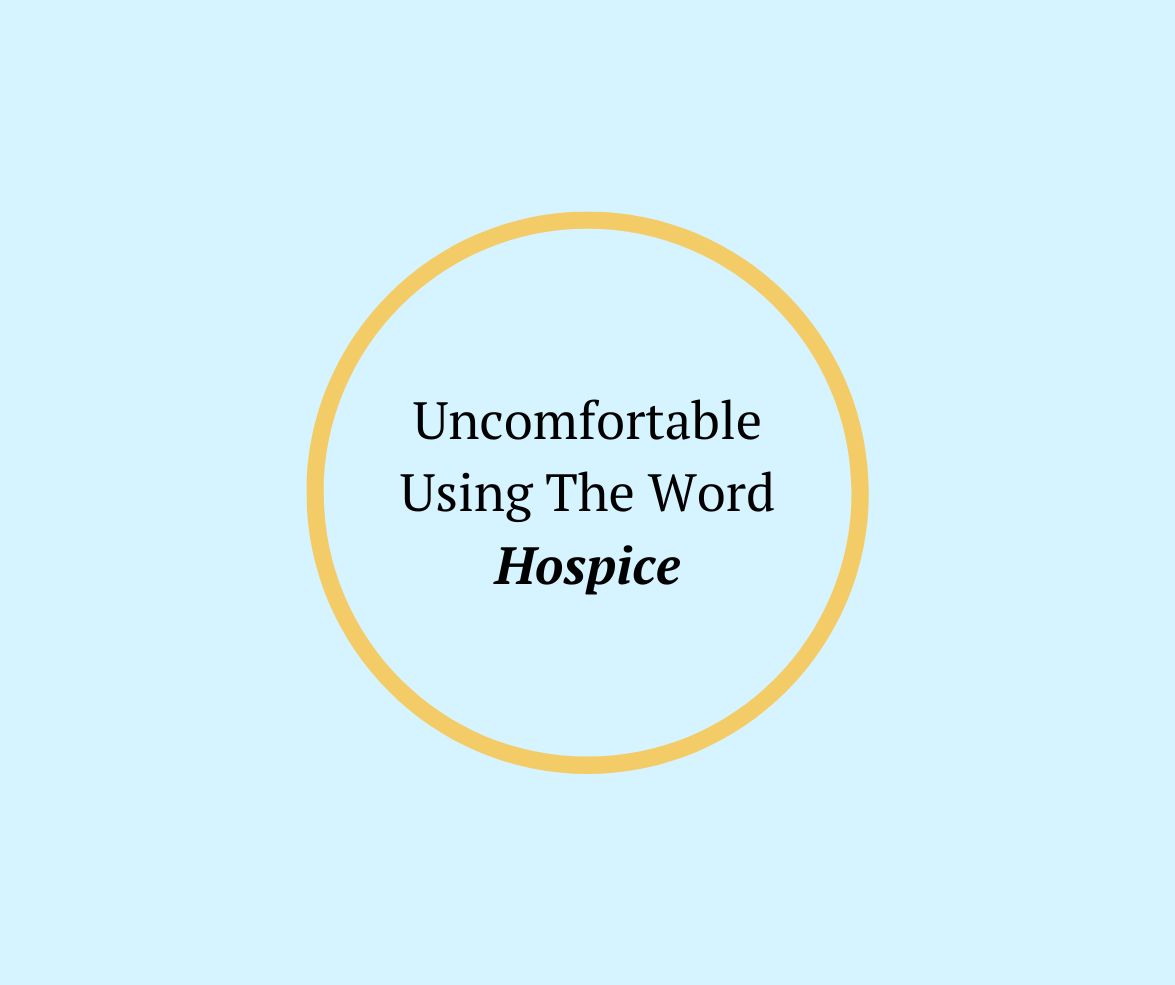Dear Barbara, My mom is a patient with bulbar onset ALS, a feeding tube, and unable to even speak.
I’m not sure what the question is so I am going to interpret it as uncertainty as to what the future holds.
ALS is particularly challenging disease, not that there is a “good” disease but ALS traps a good mind in a slowly deteriorating, non functioning body. It affects not only the ability to move all body parts but also the ability to swallow (inability to eat) and the ability to breathe by themselves. See the film The Theory of Everything.
100 years ago when a person couldn’t eat or breath they died. In our medical basket of tools today we can artificially feed someone who can’t swallow and we can breathe for someone who can’t make their chest muscles go up and down, in and out. The question now becomes “What do we do?” Just because we can do a medical procedure does that mean we should do it?
The thing is that even when we interrupt the natural dying process death still comes because the disease still progresses. However, the timetable and signs of approaching death become less predictable.
The signs of approaching death from disease that begin months before death are: decrease in eating, increase in sleep and gradual withdrawal emotionally and mentally from surroundings.
Artificial feeding (TPN, gastrostomy tube feeding, NG tube feeding) has complications but the body gets its nourishment and remains anchored to this planet. With artificial feeding food intake is no longer a gage to predict approaching death.
It is hard to keep people awake so as death from disease begins to approach you will notice a person sleeping more and more. This is something you will look for and monitor even when the person is getting artificial feeding.
We can’t really affect a person’s interest in the world around them so again as death approaches a person will continue to withdraw and be less interested in activities and the world around them. Use their social interactions to help you determine if they are entering the dying process.
You can see that life for a person with ALS hinges on food, water, breathing and heart pumping and that will mean eventual artificial feeding and artificial breathing.
The mind of a person with ALS will still be sharp and alert before the dying process has begun but what about the emotions: the frustration of being trapped in a prison of a body, the anger, the helplessness, the sense of purpose or loss of it? Read Jojo Moyer’s book Me Before You.
These challenges must be lived with and for some the choice of not having a feeding tube is a means of letting the disease run its course.
When the chest muscles can no longer make the pressure and movement to create an intake and output of oxygen another decision can be made; respirator/ventilator or not.
Is life worth living with all this assistance? For some it will be, for others is won’t.
Today, with our medical technology, we can keep a body alive long after it ceases to be functional. Some people will choose to accept all the opportunities the medical profession can offer. “Keep my body going no matter how you have to do it!” Others will choose to have ventilators or respirators while others will stop at no artificial feeding. Some choose no intervention at all.
All are based on choices of what life and its quality personally means. There is no right or wrong answer to these different choices. (This is where families and outsiders get confused, thinking their choice for another is the right choice).
Something More... about What Does The Future Hold For Mom With ALS?
Advanced Directives are important for all of us but particularly important for someone with ALS. When you can, make the decisions before they need to be made. See the Living Will & Durable Power of Attorney chapter in THE FINAL ACT of LIVING.
Just because we can do something medically doesn’t mean it is the right choice to make. The right choice is the person’s individual choice based on their personality and philosophy of living. It is a loving and sometimes difficult act to carry out a person’s will for themselves after they have lost the ability to self advocate: especially when it is a different choice than we would have made for them.






